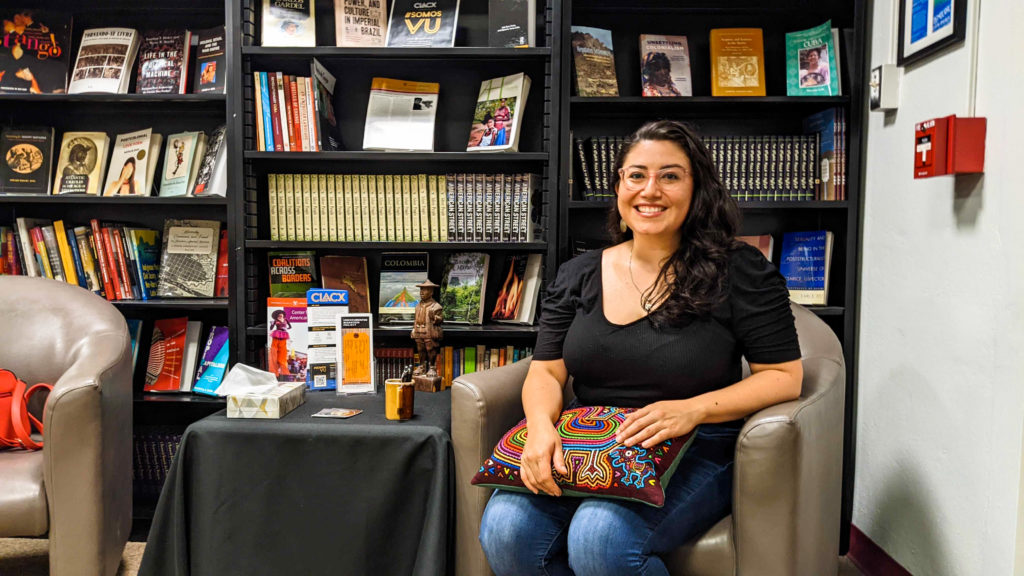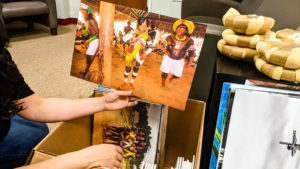
Vanderbilt’s Center for Latin American, Caribbean and Latinx Studies has received national recognition for its work, as well as $1.7 million in federal grants. The funds will expand its unique curriculum and the number of students who can access it.
Vanderbilt’s center, known as CLACX, is one of fewer than 20 National Resource Centers for Latin American studies. And part of that designation means sharing resources.
Director Celso Castilho says they’re going to partner with more schools, including the University of Texas – Arlington, which is a Hispanic-serving institution, and Tuskegee University, a historically Black college. The CLACX Southern Consortium will also include Tennessee State University and Jacksonville State in northern Alabama.
Vanderbilt will expand its Portuguese instruction to some schools in the consortium. A grant for foreign language and area studies will help students at Vanderbilt and the partner schools study abroad and learn lesser-taught languages, like Portuguese, Haitian Kreyòl and K’iche’ Mayan.
Student experiences
 Alexis Marshall WPLN News
Alexis Marshall WPLN NewsMany students who study abroad bring back photos to display in the Center for Latin American, Caribbean and Latinx Studies.
Carlos Caballero studied in Brazil through a FLAS fellowship this summer. He says he loved the in-country learning experience.
“You learn a lot of, like, slang,” Caballero says, “and just how people communicate in a textbook is very different from how one would communicate verbally.”
Caballero says there’s a huge demand for more people to speak Portuguese, both in government and business.
Studying lesser-taught languages can also directly benefit the wider community. Lorely Chávez studies K’iche’ Mayan through CLACX as well as global health. She interned at a rural clinic in Guatemala this summer and says her ability to speak K’iche’ made an impression on the indigenous community.
 Alexis Marshall WPLN News
Alexis Marshall WPLN NewsLorely Chávez holds up a photo taken by a student who studied abroad in an indigenous community.
“They told me that it gave them pride that they know this language and, like, there are more people trying to help it and preserve it and really try to understand them at their level.”
Both Chávez and Caballero are Latino and say they appreciate seeing this kind of investment in the study of their cultures.
“I’m first generation. My parents are immigrants from Mexico,” says Chávez. She earned her undergrad degree from a Hispanic-serving institution in California and is pursuing double master’s degrees at Vanderbilt. “Coming here to a predominantly white institution, it’s nice to feel seen and valued that the Latin American and Caribbean cultures are very much cared for here.”
Local impact
Thanks to the grant money, CLACX will also accelerate the development of its Caribbean studies minor. That’s now expected to rollout in the fall of 2023 or 2024.
The grants will also help CLACX do more public engagement in the Nashville area. The National Resource Center grant will help CLACX develop resources for primary and secondary school teachers. It will also help the center collaborate more with community partners like Cheekwood Botanical Gardens, the Global Education Center and the Frist Art Museum.
According to Vanderbilt University, CLACX has been designated a National Resource Center since 2006. The center must reapply for the designation every four years.

